We've all got skills that would be really useful in the workplace, but trying to explain what we're good at can be challenging. How can you show employers that you've got what they're looking for?
Scroll down for some inspiration on how to get started.

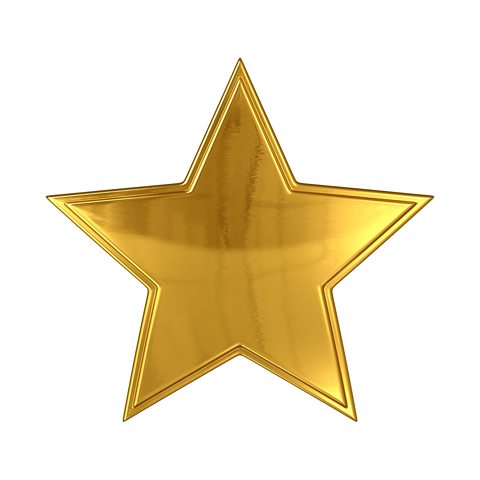
What's the STAR method?
One way of explaining your skills is by using the 'STAR method'. This can be a useful approach for CVs, application forms or interviews, for example. It's a way to evidence skills like resilience or time management with concrete examples, rather than just stating that you have them. Using this method, you break down examples of experiences you've had into four sections:
S: Situation ā the situation you were in/dealing with
T: Task ā what you needed to get done
A: Action ā the action you took to get the task done
R: Result ā what happened as a result of your actions and the skills you learnt or demonstrated.
Be as specific as you can in the results section. For example, did your actions lead to you getting an award? Or reaching the target amount for a fundraiser? Did you get a return customer? Or encourage a new member to join a group? These are tangible ways to show that you made a difference.
How much information to give depends on the context. On a CV, you may only have a small space to explain a skill, whereas in an interview you may have chance to go into more detail. In each situation, aim to give enough information to clearly show your accomplishments but not go overboard with the details.


Explaining key skills with the STAR method
We caught up with the team from skills platform Upskill Me to find out how you can demonstrate key employability skills using the STAR method. Scroll down for their examplesā¦
Communication
Samantha works part-time in a retail store on Saturdays, which requires excellent communication skills to talk to customers. She could demonstrate these skills using the STAR method like this:
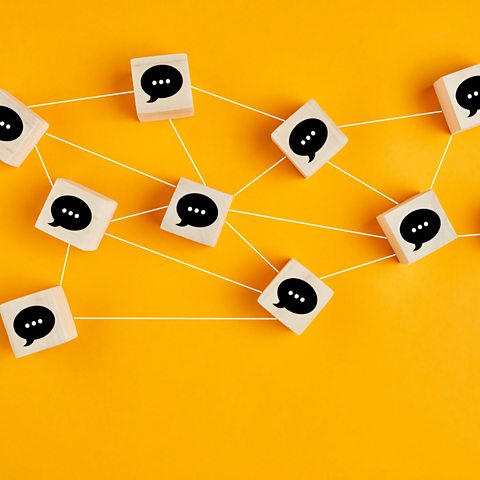
Situation ā I work every Saturday in a local retail store. I recently had a customer who was very upset that we didnāt have an item in stock that she wanted to buy for a present.
Task ā I needed to communicate clearly with the customer, keep her calm, empathise with her and see if there were any other ways that I could help her get the item she wanted.
Action ā I reassured the customer that I would do everything in my power to get the item and talked her through my plan of action. I looked at our ordering system to see if any other stores had the product in stock, or if it could be ordered online. Luckily, we had the item in stock at another store so I called the store to reserve it.
Result ā The customer was able to pick up the item at another store that afternoon. She came back to my store the following week to say thank you and made a purchase. She gave some positive feedback to my manager who then awarded me employee of the month.


Problem-solving
Jamie and their friends were on an expedition for their Duke of Edinburghās Award but they got lost. As the leader of the group, Jamie had to use their problem-solving skills to troubleshoot the dilemma and get them back on track. They could explain the way they demonstrated their skills like this:
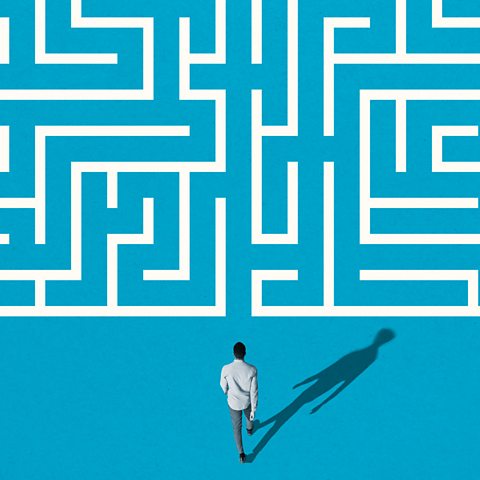
Situation ā Whilst on The Duke of Edinburghās Award expedition, my team and I accidentally went off route and got lost.
Task ā As team leader, I needed to make sure we were safe, work out where we were on the map and then try to find a safe passage back to the correct route using my navigation skills.
Action ā I gathered my team and explained what we were going to do. Then I marked a clear passage back to the correct route through the map. As a back up, I left a trail of stones to guide us in case we did get lost again or confused en route.
Result ā My team and I made our way back to the correct route together safely. Solving the problem taught me patience and brought us together as a team. I was awarded for my problem-solving and commended by my teachers.


Teamwork
Keiron and his friends wanted to organise a charity event to raise money for mental health awareness. Kieron helped the group to work together as a team, allocating tasks according to people's strengths and interests but making sure everyone chipped in if others needed help or advice. He could demonstrate the teamwork skills he built like this:
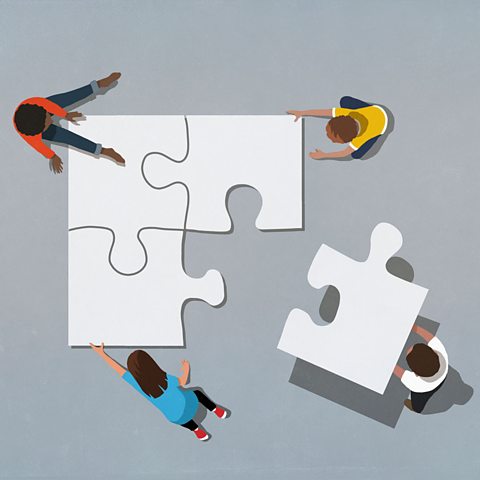
Situation ā My friends and I wanted to organise a charity event where we could raise money for a mental health charity.
Task ā To ensure that everything ran smoothly and on time, we needed to break down the event into simple tasks which could be split evenly between the team.
Action ā I created a list of all the possible roles and held a team meeting to discuss which ones everyone wanted to do. I assigned everyone their roles based on their feedback and followed up with the actions each person needed to complete. I organised daily meetings and a group chat to keep everyone informed and made sure that, if anyone needed help with their tasks, there was someone there to support them.
Result ā The charity event was a success. We exceeded our target for donations and working as a team meant we were able to draw on our strengths but also learn new things from each other. We achieved so much more together than we would have done working separately.


Innovation
Zahraās grandad runs a coffee shop in the middle of the high street. However, he was losing customers as he didn't have a solid marketing strategy. Zahra used her innovative thinking skills (the ability to think of new ideas) to kick start some social media pages for the business and attract new customers. She could explain the impact of her actions like this:
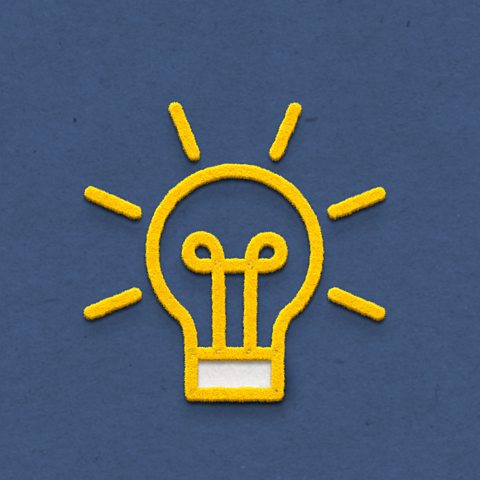
Situation ā My grandadās coffee shop wasn't doing as well as it could be as not as many people in the local community knew about everything the shop had to offer.
Task ā I needed to create brand awareness for the shop to attract new customers, especially for the weekend brunch menu.
Action ā I knew other shops spread the word about their businesses on social media and that it was a great place to reach younger customers. I took photos of the coffee shop and brunch dishes, creating a consistent aesthetic for the shots. I designed a modern logo and created social media pages that could attract local customers to the shop. I also encouraged my grandad to put on a special deal event to celebrate the shop going online and to act as a magnet for more customers.
Result ā The social media pages went down a treat and brunch booking went up by 50% in the following months. Sales have increased by 60% since then and my grandad has employed me to manage the social accounts! The success of the project has given me more confidence to try other innovative approaches on our social channels going forward.


Creativity
Riaās dream job is to become a fashion designer. After hearing from a fashion designer at her schoolās careers day, she decided to create her own mini fashion line to show her creative flare for any future courses or interviews. She could summarise how she showed her creativity like this:
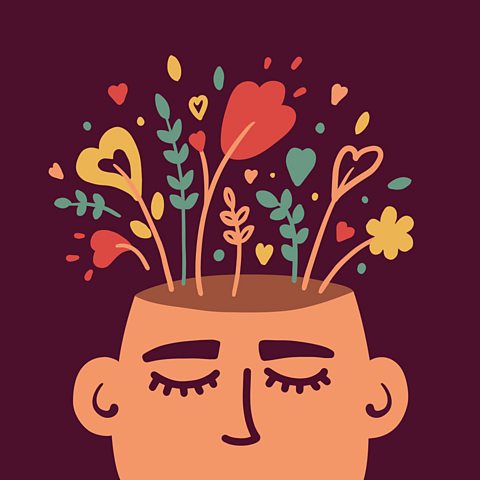
Situation ā I hope to become a fashion designer one day. I'm passionate about the fashion industry and was inspired by a fashion designer who came to visit my school. I wanted to do something to put all my creative ideas into practice.
Task ā I decided to create my own fashion line of T-shirts to get hands-on experience and start building a portfolio of work.
Action ā I created designs and gathered peer feedback to see which were most popular. I then found a retailer to buy my materials and made the T-shirts by hand using my sewing skills. I made sure to make a range of different sizes so everyone would be able to buy my tops. To get the word out about my brand, I created a social media page to attract potential customers and arrange sales.
Result ā I was able to sell my stock of T-shirts online and some customers commissioned me to make some bespoke designs for them too. It was great fun to be creative and it's given me a taster of this field, which has increased my passion to pursue a career in fashion.

What have you done recently that you could explain using the STAR method?

Find out more
For more examples of how to use the STAR method, check out the .

Ten skills you might not know you had
You have more skills than you realise and they are valuable to employers. Here a list of 10 personal skills you might not have thought about.
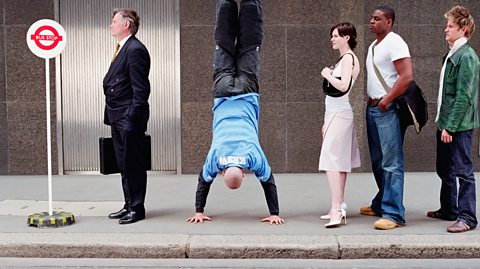
Five top tips for acing online interviews
Advice for smashing virtual interviews and insight from a successful interviewee.

Career toolkit: How do I write a great CV?
Everything you need to know to write an engaging CV and land your dream job.
